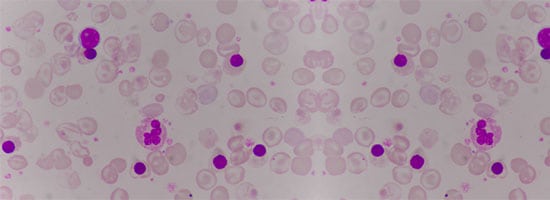Diagnosis of Anemia
Most people feel tired and drained of energy from time to time. However, when you experience near constant fatigue or even weakness and dizziness, you may suffer from anemia. Learn what anemia is and how it is diagnosed and treated in patients today.
What is Anemia?
Anemia is an illness that is caused by low red blood cell counts. Someone who is anemic does not have enough red blood cells or hemoglobin in his or her bloodstream.
Hemoglobin is a protein that is high in iron. When you suffer from a low hemoglobin level, your body does not the oxygen it needs for normal functions. In turn, you may feel tired, weak, and dizzy and may even suffer from headaches and shortness of breath.
Anemia is a serious illness that can cause damage to your heart, brain, and internal injuries. Severe cases of anemia can be fatal. This illness is caused by factors like genetics, pregnancy, heavy menstrual cycles, injury, or invasive surgery.
How is Anemia Diagnosed?
Anemia can be easily and quickly diagnosed with routine laboratory blood tests. Doctors most often order a test called a Complete Blood Count, or CBC, to diagnose this illness.
The CBC indicates how much hemoglobin is in your bloodstream and how many red blood cells are being produced in your body. If either count is low, you may then be formally diagnosed with anemia.
Your doctor may also order other medical tests to determine the cause of your anemia. For example, you might undergo a laboratory test that will help your doctor discover the shape and size of the red blood cells, which can help rule out whether or not you suffer from cancer of the blood.
How is Anemia Treated?
Depending on the type of anemia you suffer from as well as what causes it, you may undergo any number of available treatments for this illness. Your doctor may prescribe iron pills for you to take every day. These pills will raise your iron levels and help encourage the production of hemoglobin in your bloodstream.
You likewise may be advised to change your diet to raise your hemoglobin and iron levels. Your physician may recommend that you consume more foods like red meat or peanut butter that are rich in protein and iron.

